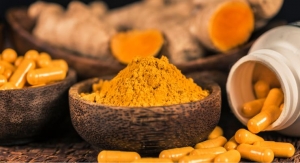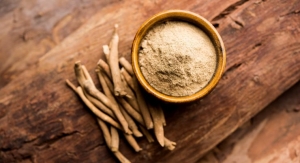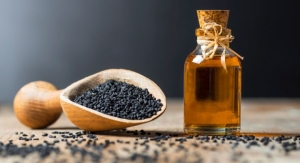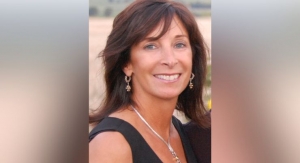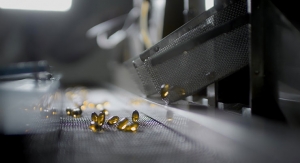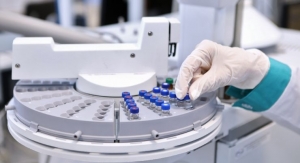04.05.10
To promote international scientific exchange and ultimately foster global harmonization of standards for medicines and food ingredients, scientists from around the world will join the U.S. Pharmacopeial Convention (USP) at its Rockville, MD, headquarters on a rolling basis throughout 2010. USP welcomed the first of these scientists, Dr. Minghao Zhou from China’s Zhejiang Provincial Institute for Food & Drug Control, Department of Chemical Drugs, last week.
Under the Visiting Scientist Program, USP will host scientists from pharmacopoeial or official medicines control laboratories for three to six months. The initial group is expected to include scientists from Brazil, China, Russia, Saudi Arabia and Thailand. Each scientist will work on a specific project in standards development, testing or analysis of pharmaceuticals, dietary supplements, excipients and/or food ingredients.
The program is one outcome of a series of Memoranda of Understanding (MOU) that USP signed with standards-setting groups, government agencies and industry organizations in 2008 and 2009. Many of these MOUs cited scientific staff exchange as a meaningful method of collaboration. In most cases, the visiting scientists will be working on an assignment relevant to their organization’s individual MOU with USP (e.g., development of standards for Traditional Chinese Medicines or translation of the USP–NF). Scientists will work in USP departments and laboratories, including the Analytical Research & Development Laboratory, Biologics & Biotechnology Laboratory and Dosage Form Performance Laboratory.
Under the Visiting Scientist Program, USP will host scientists from pharmacopoeial or official medicines control laboratories for three to six months. The initial group is expected to include scientists from Brazil, China, Russia, Saudi Arabia and Thailand. Each scientist will work on a specific project in standards development, testing or analysis of pharmaceuticals, dietary supplements, excipients and/or food ingredients.
The program is one outcome of a series of Memoranda of Understanding (MOU) that USP signed with standards-setting groups, government agencies and industry organizations in 2008 and 2009. Many of these MOUs cited scientific staff exchange as a meaningful method of collaboration. In most cases, the visiting scientists will be working on an assignment relevant to their organization’s individual MOU with USP (e.g., development of standards for Traditional Chinese Medicines or translation of the USP–NF). Scientists will work in USP departments and laboratories, including the Analytical Research & Development Laboratory, Biologics & Biotechnology Laboratory and Dosage Form Performance Laboratory.








